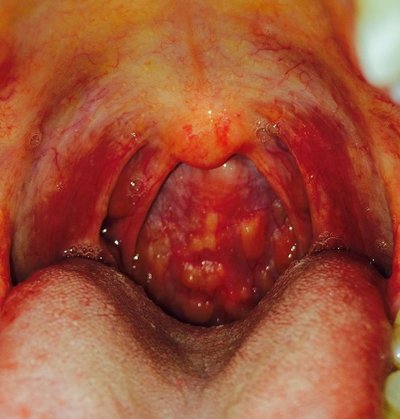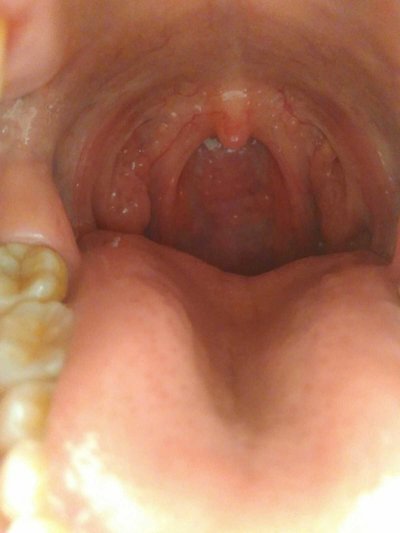Symptoms of laryngitis?
summary
Chronic simple pharyngitis, also known as chronic pharyngitis, is more common. The pathological changes were mainly in the mucosa layer, which showed chronic congestion of pharyngeal mucosa. There were many lymphocytes infiltrating around the blood vessels, and leukocytes and plasma cells infiltrating. Mucosal and submucosal connective tissue hyperplasia. Mucus gland can be hypertrophy, hypersecretion, mucus secretion increased. Most of them are adults with long course of disease and easy to relapse. Symptoms of laryngitis? Let's talk about it
Symptoms of laryngitis?
Symptoms of acute pharyngitis: at the beginning, the pharynx is dry and hot, the inflammation invades the larynx, then there is cough and hoarseness; Following the pain, swallowing saliva pharyngeal pain is often more obvious than eating; The general symptoms are mild, but the degree varies with age, immunity, virulence of virus and bacteria, including fever, headache, loss of appetite and sore limbs.

Symptoms of chronic pharyngitis: throat discomfort, dryness, itching, distension, excessive secretion and burning pain, easy to dry and evil, foreign body feeling, unable to move out, unable to swallow, especially in speaking a little more, eating irritating food, fatigue or weather changes aggravate; A little cold, tired, or talk more, for a long time did not drink water, will feel sore throat, burning aggravation, throat itching caused by bursts of irritating cough, affect the rest.
Chronic simple laryngitis: diffuse congestion and swelling of laryngeal mucosa, loss of original pearly white vocal cords, pink, blunt edge, thick mucus can be seen on the surface of mucous membrane, often forming mucus filaments between glottis. Hypertrophic laryngitis: the laryngeal mucosa is hypertrophic, especially in the interparytenoid area. The vocal cords are also hypertrophic, and cannot lean towards the midline, resulting in poor closure. The ventricular zone is often hypertrophic and covers part of the vocal cords, and the arytenoepiglottic fold can also be thickened.

matters needing attention
Avoid tobacco, wine, strong tea, coffee, can and onion, garlic, ginger, pepper, pepper, cinnamon and other dry spicy food. Smoking is very harmful to the pharynx, so people with chronic pharyngitis must give up smoking. Spicy food makes the pharyngeal mucosa often in a state of congestion, aggravating the symptoms of pharyngeal discomfort. Avoid greasy, fried hot food and partial food.















